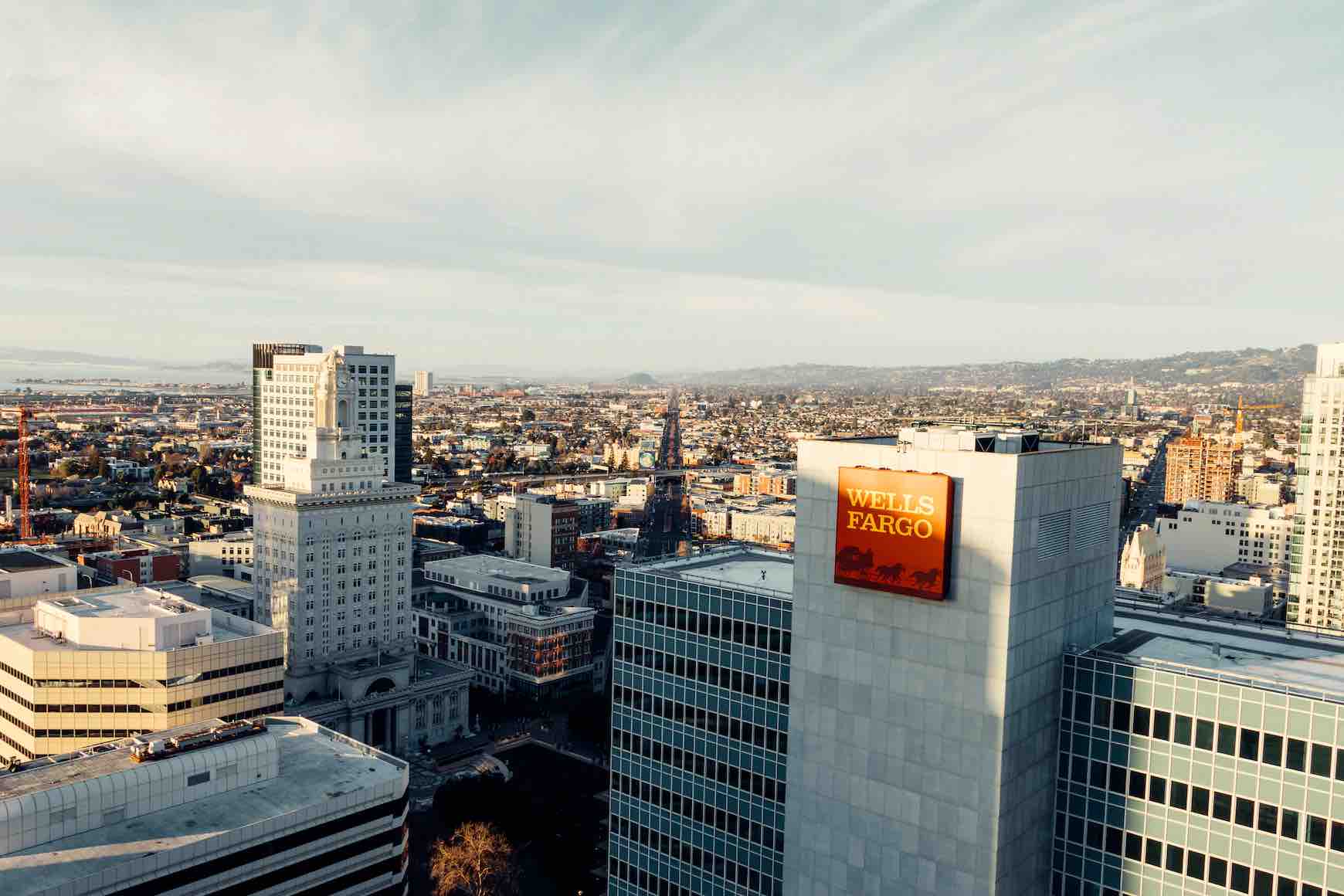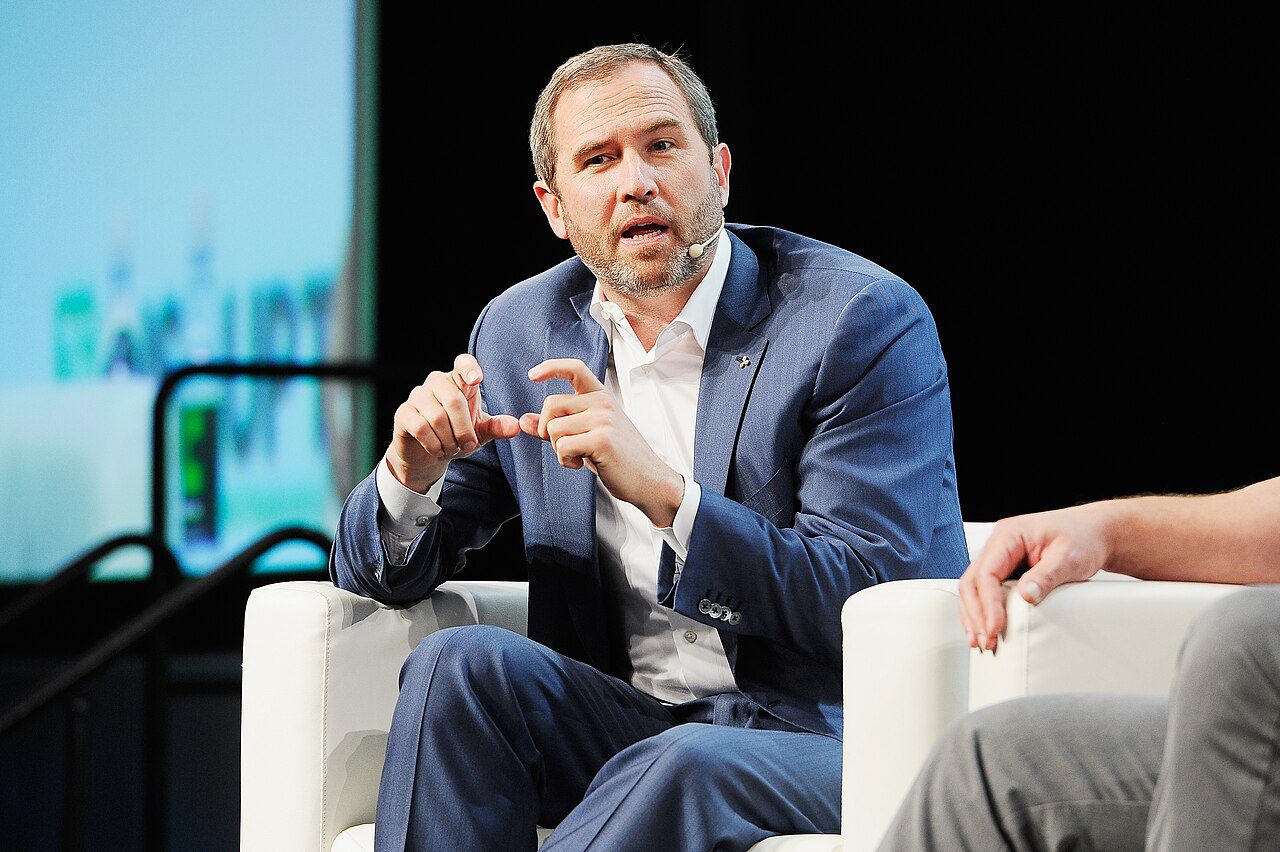Main Menu
- Top News
-
Wells Fargo Adopts TradeSun AI Platform
April 19, 2024 -
Singapore to Implement OECD’s BEPS 2.0 Initiative
April 19, 2024 -
German Economy Shows Signs of Recovery
April 19, 2024 -
ANZ Explores Infrastructure Investment Opportunities in India
April 19, 2024 -
Ramp Raises $150m in Series D-2 Funding Round
April 19, 2024
- Regions
- Banking
-
Wells Fargo Adopts TradeSun AI Platform
April 19, 2024 -
Deutsche Bank Trims Private Banking Roles in Asia
April 19, 2024 -
TD Bank appoints new US exec
April 17, 2024 -
Barclays Issues Warning Amid Surge in Investment Scams
April 17, 2024 -
Proposed Capital Requirements Pose Challenges for UBS Growth
April 16, 2024
- Investment
-
ANZ Explores Infrastructure Investment Opportunities in India
April 19, 2024 -
Morgan Stanley to cut investment banking workforce
April 17, 2024 -
Microsoft Invests $1.5bn in Abu Dhabi’s G42
April 17, 2024 -
UK Fintech Sector Regains Top Spot in Startup Funding
April 17, 2024 -
Tesla Stock Plummets 6% Amid Slowing EV Market
April 8, 2024
- Infrastructure
-
EU Agency Calls for Proposals for Key Energy Projects
April 18, 2024 -
Apple Set to Go Cleaner With Ambitious 2030 Goals
April 18, 2024 -
Oil prices fall amid economic headwinds
April 17, 2024 -
Canada Launches $6bn Housing Infrastructure Fund
April 4, 2024 -
Citi Report details Energy Sector’s Lack of Climate Transition Plans
April 2, 2024
- Tech
-
Ramp Raises $150m in Series D-2 Funding Round
April 19, 2024 -
Mastercard Launches Mobile Virtual Card App
April 19, 2024 -
Ripple CEO’s Vision for XRP Reignites Global Discussions
April 19, 2024 -
Revolut’s Value Surges, Reflecting Fintech Sector’s Appeal
April 18, 2024 -
EU Merger Watchdogs Clear Microsoft’s OpenAI Investment
April 18, 2024
- Featured
-
Telepin: Empowering the Unbanked Through Innovation
March 29, 2024 -
Libertex: Once a Leader, Always a Leader
March 28, 2024 -
MaxFinance: Credit Intermediation Specialists
March 28, 2024 -
Pioneering sustainable horizons: Atlas Renewable Energy’s journey
March 28, 2024 -
Banco Promerica: delivering an outstanding customer experience
March 28, 2024
- Videos
- Subscribe
- Magazine
- Awards
-



























